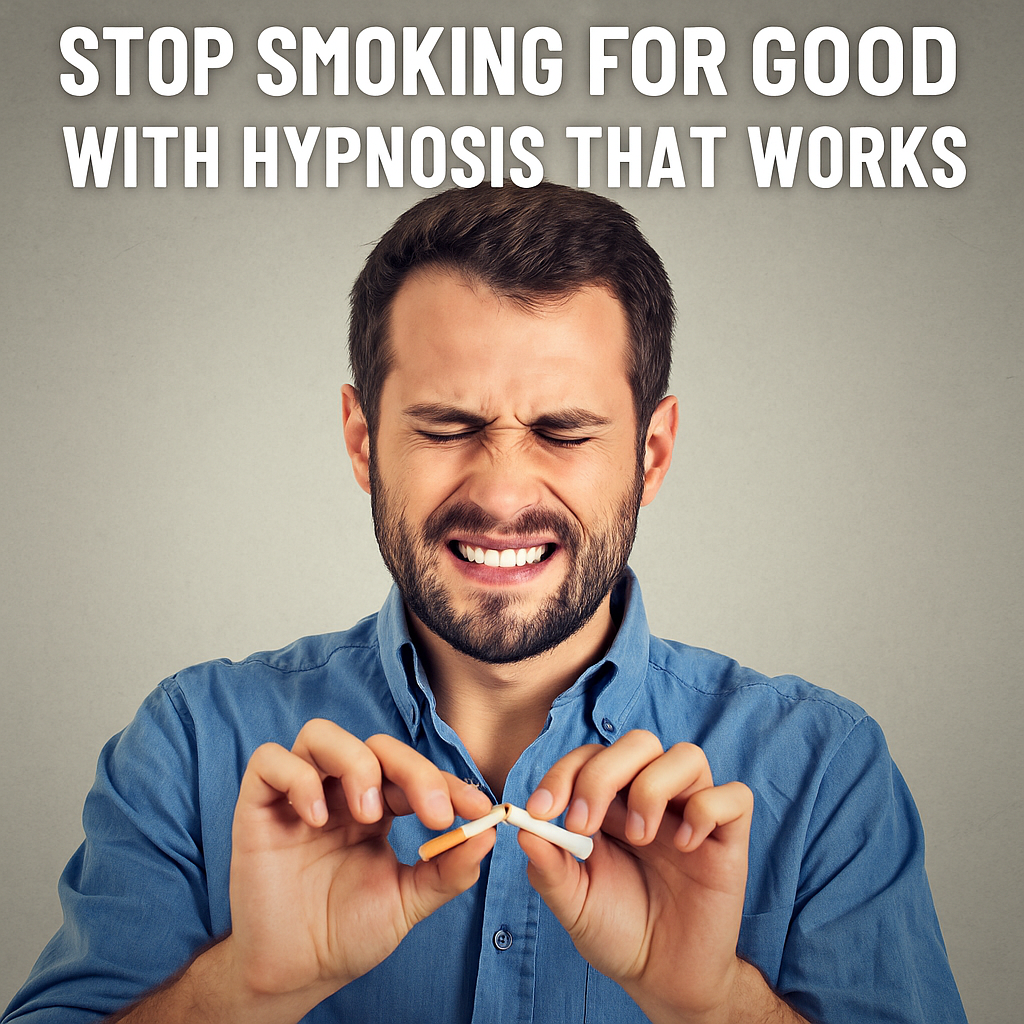Paula Deen’s Family Drops 178 Pounds: How’d They Do It?
Paula Deen’s Family Drops 178 Pounds: How’d They Do It?
By Kathleen Perricone | omg!
The Deen Family on People. (Melanie Dunea for PEOPLE)Hey y’all, Paula Deen’s family is looking really good.
The Food Network star, her husband Michel Groover, and sons Jamie and Bobby, have lost a combined 178 pounds over the past year by sticking to diets specially tailored for their hectic schedules… and of course, that don’t include her infamous (and very fattening) Southern recipes.
Deen, who revealed in early 2012 that she was diagnosed with Type 2 Diabetes, shed an impressive 40 pounds from her 5’6” frame by cutting back on carbs and portion size and instead loading up on fresh veggies. “It’s all about moderation,” she tells People in its new issue (on newsstands this Friday). “I eat reasonable portions now. Tonight, I treated myself to just a half a piece of bread.”
But that’s not to say she doesn’t indulge in cheat days every once in a while. “You can’t deprive yourself all the time,” adds Deen, 66, who calls her diabetes diagnosis “a blessing.”
It was also the same for her husband and two sons, who were also struggling with health issues pertaining to their weight and eating habits. Groover, who was facing possible knee surgery due to his size, decided to try losing weight first, and his dedication helped him drop 60 pounds – and avoid going under the knife.
Last June, he began a program called OurSkinny, which consists of four protein shakes a day plus a healthy dinner. “When I used to diet,” the 57-year-old tells People , “I’d eat a donut and think I’d screwed up, so I’d eat a dozen. Now I’ve learned if you fall off the wagon, you just jump back on.”
As for Deen’s sons, they too took different paths to weight loss. Jamie, 45, calls his diet the “Busy Dad,” which focuses more on consumption since he doesn’t have the time to hit the gym. The “Home For Dinner With Jamie Deen” host, who lost 45 pounds, stopped eating after 6 p.m. and cut down on carbs, just like his mother did. “Anything I used to put on bread, I now put on lettuce,” he explains.
Deen’s youngest son, Bobby, 42, says he always grew up shopping in the “husky” department, and wanted a lifestyle change. He now eats mostly veggies and fish, and hits the gym on a daily basis (a three-mile run with 60-90 minutes of weight lifting), which helped him drop 33 pounds.
“Doing it together helps so much,” Deen tells People. “It’s just easier when y’all encourage one another and pull in the same direction.” Adds Jamie, “If the Deens can do it, anyone can.”
View the full article at http://omg.yahoo.com/blogs/celeb-news/paula-deen-family-drops-178-pounds-d-180108830.html
The post Paula Deen’s Family Drops 178 Pounds: How’d They Do It? first appeared on Indy Hypnosis Center.



